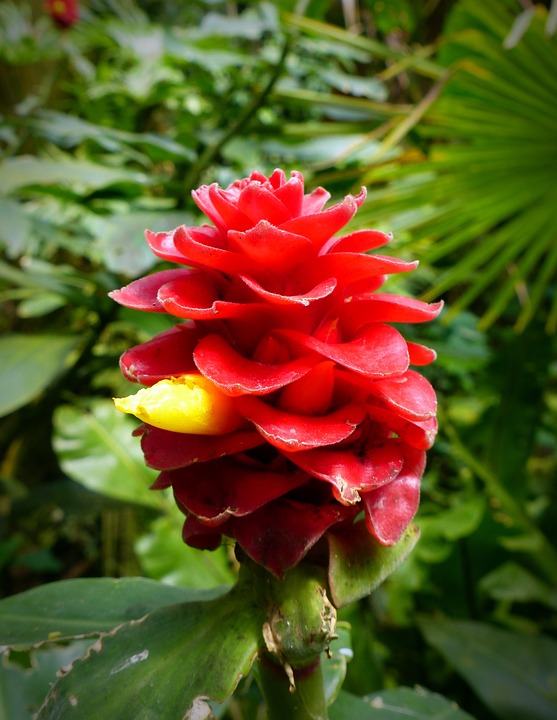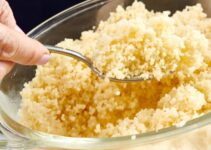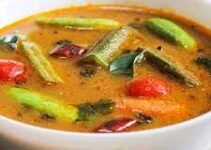Kuth introduction
The ayurvedic herb is considered a product of Arabs, which is why it is known as Arablon Costus. The root of this herb is used as a medicine. In the Indigenous System of Medicine, as well as Tibbi Medicine, it is mainly used as a drug prescribed for mental diseases and sexual disorders.
The different names of kutch
- English: Kuth, Costus.
- Hindi: Kuth, Koth, Kur, Pachak
- Sanskrit: Kushth, Vapya, Utapal, Kashmir, Agadha, Bhassur, Kashmirja.
- Punjabi: Kushth, Koth
Chemical constituents of costus
- Volatile oil: 1.5-2.5%
- Saussurine (an alkaloid): .05%
- Resins: 6%
- Inulin: 18%
- Oil, potassium, nitrate, sugar, tannin, etc., present in it.
- It also contains a liquid called Kushtin, Valerie acid, and manganese.
- Essential oils are also present, viz. terpenes, aplotaxenne, sesquiterpenes, and others.
Properties of Kutch (costus)

photo courtesy: pixabaay.com
- Laxative
- Diuretic
- Stimulant and Alternative
- Anti-convulsant
- Anti-hysterical
- Digestant
- Carminative
- Appetizer
- Analgesic
- Uterine stimulant
- Emmenagogue
- Lactagogue
Top 10 uses of kuth
- It is used for various respiratory problems.
- It imparts good results in impotence and sexual weakness when its powder is pondered over with honey and wine. For better results, the fine paste of it is applied to the penis overnight.
- It was examined that the herb has oil, which might have a hypotensive, vasa-dilator, and broncho-dilator effect.
- Research has been conducted at Banaras Hindu University, wherein it has been found that it has a significant effect on cardiac pain. It tones up the heart as well as controls the cardiac rhythm.
- In recurrent hiccups, fumigation with kuth mixed with resin is given in low doses.
- In headaches, a paste of kush and castor seed root is applied to the head.
- In arthritis, rheumatoid arthritis, powder mixed with castor oil is given internally and is also applied locally on the joints.
- It is used for blackening hair and fumigation in China.
- Kuth, being a stimulant, is helpful in diseases caused by spasms and convulsions.
- Kuth is also used to manage the bad smell from the mouth (Halitosis) and the body. To allow offensive breath, a few seeds of cardamom (Elaichi) and coarse powder of kuth are allowed to be chewed slowly in the mouth.
Top 10 health benefits of Kutch
- Gastrointestinal disorders: Prepared a fine powder by taking 10gm each of kuth, Vacha (Acorus Calamus), Dry Ginger, Chitrak (Plumbago Zylanica), Indrayava (Holarrhena Antidysentrica), Patha (Cissampelos Pariera), Ajamoda (Hyocyamus Niger), and Piper longum. It may be taken 3-5 gm two or three times a day.
- To promote memory: Make a fine powder of each of Kuth, Ashwagandha (Withania somnifera), Vacha (Acorus Calamus), Brahmi (Centella Asiatica), Saindav namak, Ajamod (Hyocyamus Niger), Cumin seeds, Saunth, Mirch, and Pippali (Trikatu), Patha (Cissampelos Pareira) and Shankhapushpi. Mix all together well. Take 1-2 gm of the powder, mixed with Ghee and Honey, and take it once or twice a day.
- Reduce cholesterol level: Take 10 gm each of Kuth powder, Pushkarmool powder, and garlic. Grind them all together and make a fine powder. Take one teaspoon twice a day early in the morning with water. It will reduce the blood cholesterol level.
- Bad breath (Halitosis): Take 5 gm each of Kuth, Kamal (Nelumbium Speciosum), Javitri (Myristica Fragrans), and Myristica Fragrans. Make a fine powder and prepare small pills with the help of water. It can be retained in the mouth to remove bad breath (Halitosis), pyorrhea, and other dental problems.
- Nasal infection: take 12 gm each of Kuth powder, Bael Giri powder (Aegle Marmelos), Pippali (Piper Longum), Saunth (Dry Ginger), Munakka (Grapes), and 250 gm of Til tail (Sesame oil). Could you process it, get it down, and filter it? It can be taken as Nasya (Nasal instillation) in cases of frequent sneezing, common cold, and nasal polyp
- Asthma: Take the mix of Kuth (900 mg), Kulthi (10 gm), Kateri choti (10 gm), Saunth (10 gm), Vasa leaves (10 gm), and Water (640 gm). Make a powder of all four ingredients and boil it on mild heat until the water is reduced to 40 gm. Now add the powder of kush and drink. It can be given to patients with Asthma and Bronchitis.
- Skin problems: Take the mix of Kuth powder (3 teaspoons), Chotti Illaichidana (1 teaspoon), and Boiled water (8 teaspoons). Put both the powders into a vessel containing 40 g. of boiled water and let it cover with a lid for half an hour. After every half, take one ounce of it and again cover it. It is effective in skin diseases, a powerful appetiser, and an analgesic. It is also a heart stimulant.
- Herbal face pack: Take one teaspoon each of Kuth (Saussurea Lappa), Manjishtha (Rubia cordifolia), Chandan (Santalum album), Karpur Kachri (Hedychium spicatum), Lodhra (5ymplocos racemosa), Arjun (Terminalia Arjuna), Majuphal (Quercus infectoria) and Jaiphal (Myristica fragrans). Mix all the ingredients with water to make a fine paste. Rub the paste gently and leave it on the face for at least twenty minutes. This pack is more effective when left to dry on the face overnight.
- Herbal Body Scrubs: Make a paste from the ingredients of Kuth (Saussurea Lappa), Sariva (Hemidesmus Indicus), Devadaru (Cedrus Deodara), Harad (Terminalia Chebula), Neem Bark (Azadirechta Indica), Vacha (Acorus Calamus), Amla (Emblica Officinalis), Mulaithi (Glycyrrhiza Glabra), Bavchi Seeds (Psoralea Corylifolia) Khus root (Vetiveria Zizanioides), Nagarmotha root (Cyprus Rotundus), Shikakai (Acacia Concinna) and Karpur kachori root (Hedychium Spicatum). Now mix it with water. Rub it on the body for a few minutes and bathe. This scrub removes the top layer of dead skin. It also firms and tones up the body. This excellent herbal body scrub makes the body radiant and fragrant.
- As medicines: Kuth is also used as medicines viz—Kushthadi vati, Energol-MA, Pirant tablet, Remem, etc.




